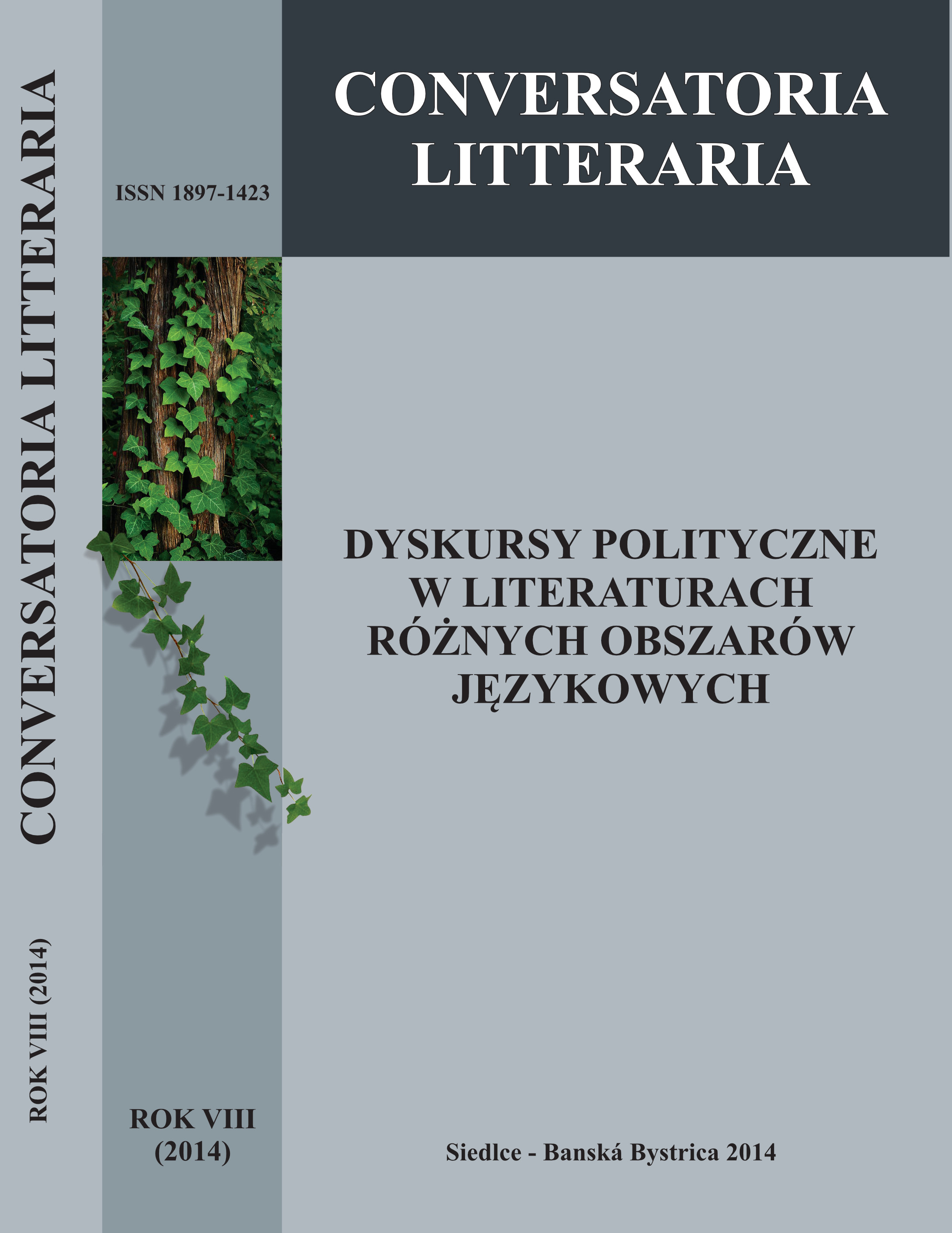Политический дискурс в контексте утопического миромоделирования (на материале русской прозы ХIХ – ХХ вв.)
Słowa kluczowe:
Utopia, anti-Utopia, utopian metagenre in Russian fiction, political discourse, utopian world-modellingAbstrakt
In Russian and Western literary studies, the peculiarity of Russian culture is often considered through its connection with Utopian dreams and projects. This article discusses the formation of a utopian metagenre in Russian fiction, tracing a change in emphasis from the political discourse to artistic means, and, conversely, archetypes that distinguish utopian world-modelling in different cultural epochs. Perhaps there is no better term than “Utopia” to describe modern literature. The avant-gardists’ Utopias anticipate a global communist Utopia articulated in their work on the basis of socialist realism
theory, which, in the 1950-1960-s, was replaced by a retrospective Utopia of „peasant writers”. This period offered a variety of retrospective models of Utopian society, as well technocratic Utopias of “molodyozhnaya proza”. In this paradigm the place of post-modernism as a set of techniques used for opposing Utopian intentions, is determined by the role of anti-Utopia.




